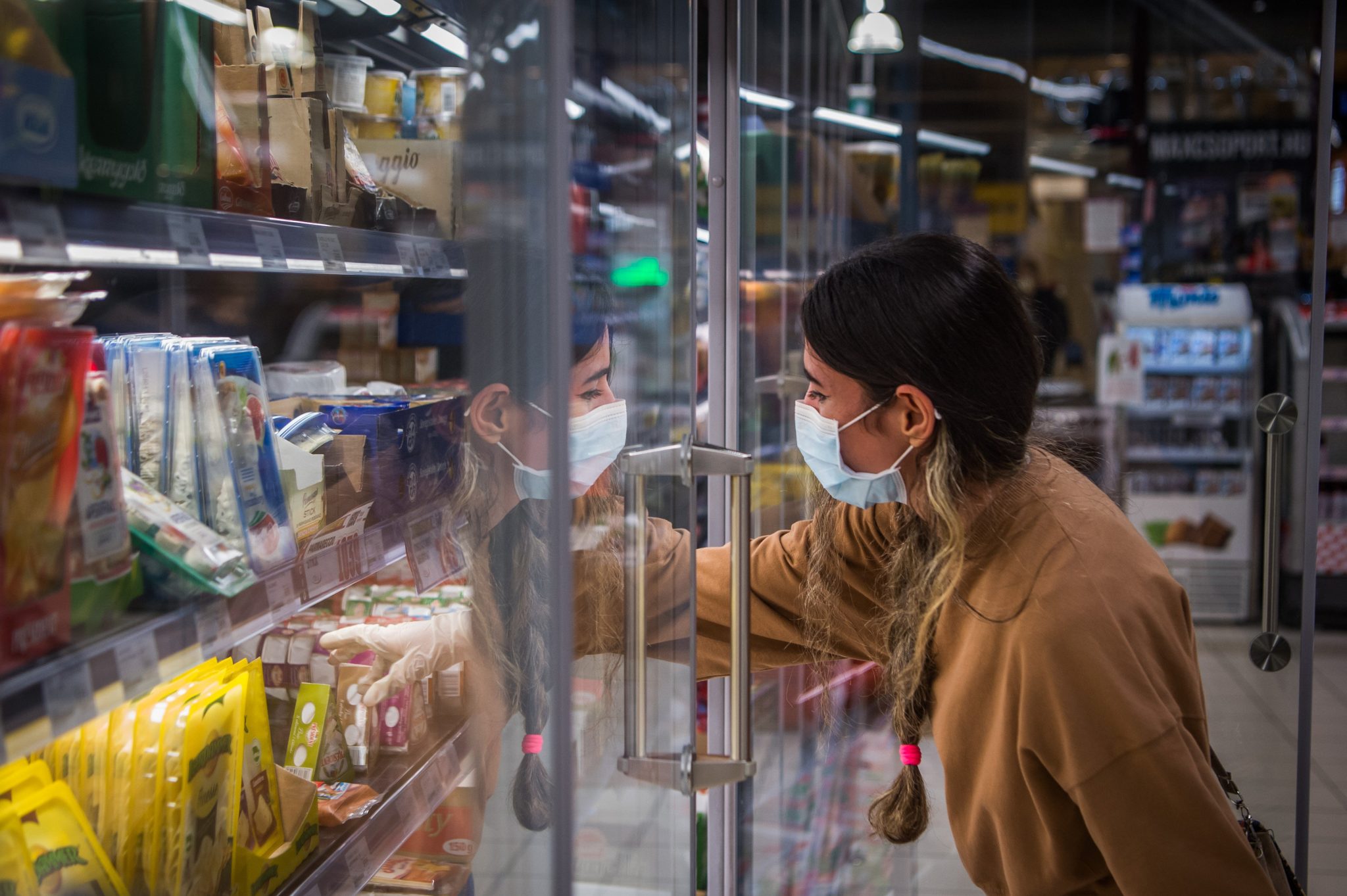
After the parliamentary elections, the end of the price cap on food and fuel would lead to a surge in inflation, according to analysts at the Hungarian Central Bank.Continue reading

Consumer prices in Hungary grew by an annual 8.5 percent in March, the worst inflation figures in Hungary in 15 years, quickening from 8.3 percent in the previous month, the Central Statistical Office (KSH) said on Friday.
Month on month, inflation was 1 percent.
Food prices increased by 13 percent as the price of bread jumped 27.9 percent and poultry prices rose by 21.4 percent.
In the category of goods that includes vehicle fuel, prices increased by 8.9 percent, with vehicle fuel prices up 11.4 percent.
Prices of spirits and tobacco products increased by 7 percent.
Harmonised CPI, adjusted for better comparison with other European Union member states, was 8.6 percent.
Core inflation, which excludes volatile fuel and food prices, was 9.1 percent.
Analysts polled by MTI noted the big rise in core inflation, which they said indicated broad-based inflationary pressures.
Péter Virovácz of ING Banks noted that the annual headline rate was lower than expected but the rate of increase continued to accelerate, adding that inflationary pressures were general. The last time core inflation was above 9 percent was in the summer of 2001, he noted.
Inflation is likely to peak above 9 percent in the middle of this year while averaging around 8.0-9.0 percent in the full year, he said. Interest rate hikes will continue, with a base rate of 8.00-8.25 percent expected by June, he said, adding that inflation was unlikely to return to the 3 percent target next year.
Dániel Molnár of pro-Fidesz Századvég Economic Research noted that the increase in fuel prices slowed down substantially compared with the previous month, adding that the higher base as well as the government price cap were factors in the lower-than-expected rate of inflation. At the same time, the prices of food, services and durable goods quickened, largely on the back of higher energy prices, he said. If the war in Ukraine is not resolved soon, inflation could rise further, Molnár said.
Dávid Németh of K and H Bank said controls on fuels and retail energy prices were dampening price increases, while the price cap on some basic foods were having a less marked effect. Without any intervention, however, annual inflation would be above 12 percent, he said.
Featured photo illustration via pixabay.com